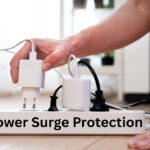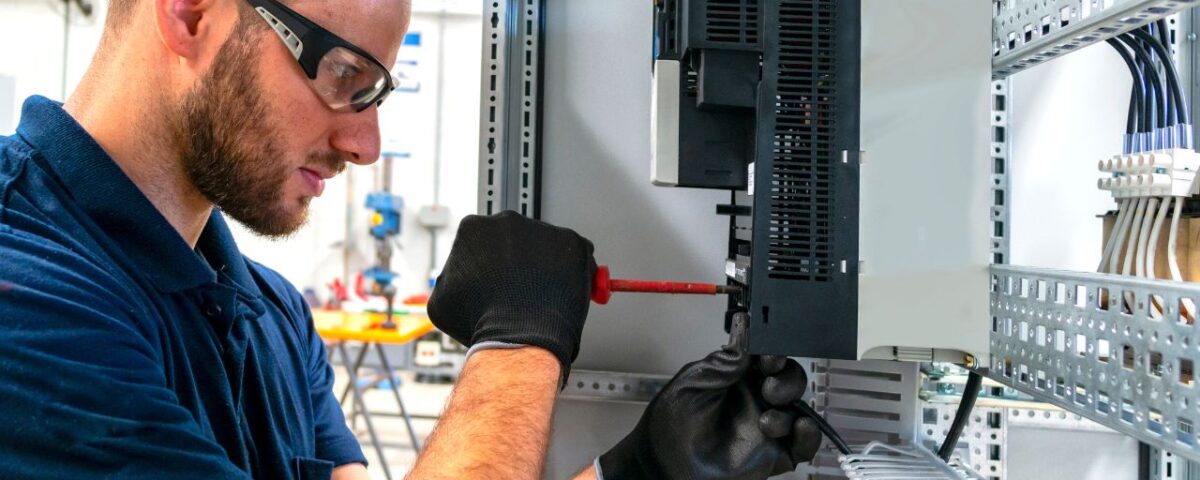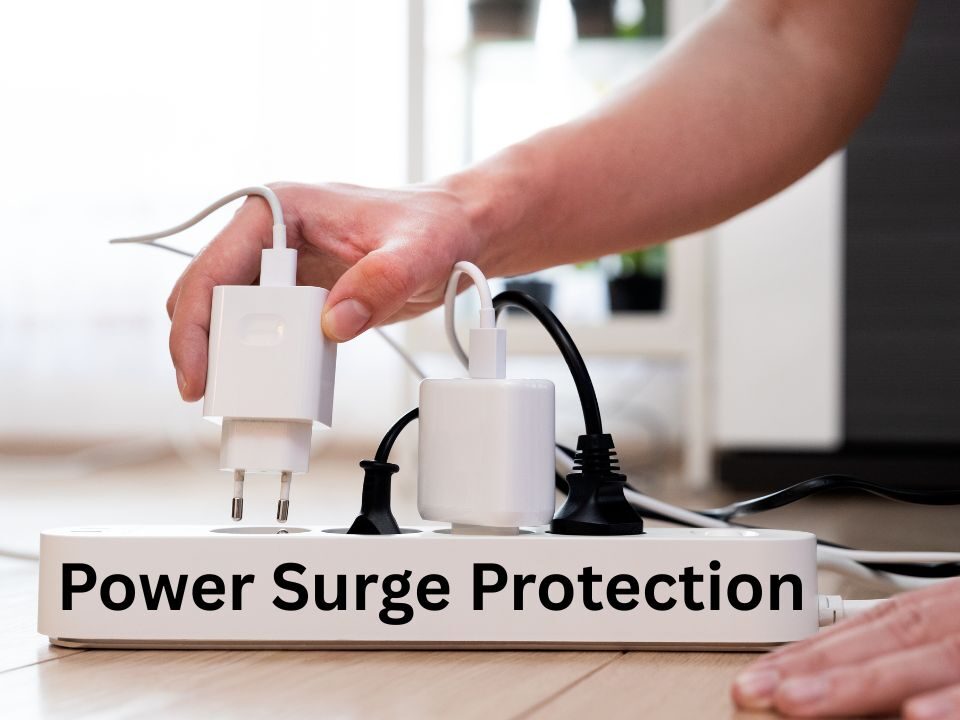
Power Surge Protection: Safeguarding Your Valuable Electronics and Appliances
May 30, 2025
Tyson Orth: From Small-Town Australia to Global Business Leader
October 25, 2025In today’s world of smart homes, high-powered appliances, and an ever-growing list of devices that require electricity, your home’s electrical system must be up to the task. But if your electrical panel is outdated, you could be risking more than just inconvenience — it could be a serious safety hazard.
Knowing when Your Home Needs Electrical Panel Upgrades is essential to protect your property, loved ones, and the electrical equipment you rely on every day. Ignoring early signs can lead to outages, damage to electronics, and even electrical fires.
According to Tyson Orth Wollongong, a well-respected electrical businessman and managing director at Nexa Electrical Solutions, “Most homeowners don’t give their electrical panels much thought until something goes wrong. But identifying the warning signs early can prevent dangerous and costly problems.”
Here’s a comprehensive guide to understanding the signs that it may be time to upgrade your electrical panel and how to go about it.
What Is an Electrical Panel?
Your home’s electrical panel — sometimes called a breaker box or fuse box — is the central hub for distributing electricity throughout your house. It receives power from the utility company and routes it to circuits that serve different parts of your home.
An outdated panel may not handle modern demands, leaving you vulnerable to tripped breakers, faulty wiring, and overloaded circuits. That’s why it’s critical to recognize when Your Home Needs Electrical Panel Upgrades.
1. Frequent Circuit Breaker Trips
If your breakers are constantly tripping when you use appliances or plug in devices, it’s a sign your panel may be overloaded. This happens when the system can’t manage the current flowing through it.
Breaker trips are a built-in safety feature, but when they happen too often, it’s your home telling you something’s wrong. Instead of repeatedly resetting breakers, consider whether your electrical panel can handle your household’s usage needs.
2. Flickering or Dimming Lights
Do your lights flicker when the microwave runs or when you plug in the vacuum? This is a strong indication that your panel is struggling to distribute power evenly across your home.
Tyson Orth Wollongong explains, “Flickering lights might seem like a minor annoyance, but they can signal much deeper issues. Your panel may be too small or too old to deliver steady voltage under load.”
3. Use of Multiple Power Strips or Extension Cords
If you find yourself relying on extension cords or power strips in multiple rooms just to keep everything plugged in, your home likely lacks adequate circuits. Overloading outlets is not only unsafe but also a sign that Your Home Needs Electrical Panel Upgrades to meet your actual electrical demand.
4. Burning Smell or Discoloration Near the Panel
A burning smell, scorch marks, or discoloration around your breaker box are signs of serious overheating and potentially faulty wiring. These issues require immediate professional attention. In such cases, not only should the panel be upgraded, but the entire system may need to be evaluated for safety.
5. Outdated Panel Brands or Fuse Boxes
Many homes still operate with fuse boxes or outdated panels such as Zinsco or Federal Pacific Electric (FPE), which have been linked to fire risks and inconsistent breaker performance.
If your home was built before the 1980s and still has one of these systems, replacing it is essential — not only for safety but also for resale value and insurance compliance. Your Home Needs Electrical Panel Upgrades in this scenario without question.
6. New Appliance Installations or Home Additions
Installing a new HVAC system, hot tub, electric vehicle charger, or even a home office setup can dramatically increase your energy consumption. If your current panel wasn’t designed to support such additions, it may not keep up.
Before installing any major new electrical load, you should assess whether an upgrade is needed. A professional electrician can calculate your load capacity and determine the best course of action.
7. Buzzing Sounds from the Panel
A humming or buzzing sound coming from your breaker box is never a good sign. It could indicate loose connections, arcing, or a failing breaker — all of which are fire hazards.
Tyson Orth Wollongong warns, “Sound should never come from an electrical panel. If you hear buzzing, turn off power if it’s safe to do so and call an electrician immediately.”
8. Age of the Panel
Electrical panels are not built to last forever. Most have a lifespan of 25–40 years, depending on brand, usage, and maintenance. If your panel is more than three decades old and hasn’t been inspected or updated, it’s time to start planning for a replacement — even if no visible issues have occurred yet.
Modern appliances and technology require far more energy than those used decades ago. Upgrading ensures your home remains functional, efficient, and compliant with current electrical standards.
Benefits of an Electrical Panel Upgrade
Once you’ve identified that Your Home Needs Electrical Panel Upgrades, the benefits of following through include:
- Improved Safety: Reduce fire hazards and prevent circuit overloads.
- Increased Capacity: Add circuits for new rooms, home offices, or appliances.
- Energy Efficiency: Eliminate energy loss caused by outdated or faulty wiring.
- Property Value: Boost your home’s appeal and compliance for potential buyers.
- Peace of Mind: Stop worrying about tripped breakers or flickering lights.
Many of the warning signs that indicate Your Home Needs Electrical Panel Upgrades are easy to ignore — until a serious issue arises. Whether it’s subtle like flickering lights or urgent like a burning smell, your home is sending messages that shouldn’t be overlooked.
Having your panel assessed by a licensed electrician is the best way to determine your current system’s health. Upgrading may require investment, but it’s one that pays off in safety, efficiency, and long-term value.
As Tyson Orth Wollongong puts it, “An electrical panel upgrade is like a health check for your home’s power system. If something’s not right, don’t wait for a breakdown — act now and prevent bigger problems later.”

